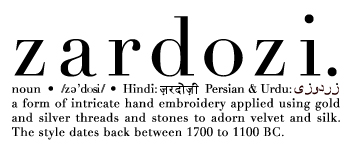
Heart disease is often considered a man’s problem. But more and more women are dying from heart attacks each year. According to the American Heart Association, heart disease is the number one killer of women, compared to all cancer deaths combined. One in three women dies from heart disease yearly. That’s one woman every minute. Yet many women believe their hearts are not at risk and as a result, don’t get checkups to catch subtle signs of an impending health disaster.
According to the American Heart Association, heart disease is the number one killer of women, compared to all cancer deaths combined.
Dr. Anmol Kapoor, a Calgary Cardiologist, and his wife Raman are working to change this one step at a time, through the DIL Walk Foundation. The organization’s goal is to increase awareness of heart disease, especially among the South Asian community, which has a higher rate of cardiovascular death compared with other ethnic groups. The DIL Walk Foundation provides education and also free screenings with the emphasis on prevention.
Women experience different symptoms related to heart disease, which are often misdiagnosed. These include shoulder, back and arm pain and fatigue. “Women are busy looking after their family members and they might overlook their own health,” says Dr. Kapoor. “Women with heart disease tend to have worse outcomes because prevention is lacking and treatment is delayed.”
The reason for this, according to Dr. Kapoor, is that most cardiovascular research is focused on men. “That is why we launched this campaign to remind people to ask the women in their lives — How is Your Heart?”
WHAT YOU SHOULD KNOW ABOUT WOMEN'S HEART HEALTH
- Heart disease is the number one killer of women, and is more deadly than all forms of cancer combined.
- Ninety per cent of women have one or more risk factors for developing heart disease.
- One in five American women believe heart disease is her greatest health threat.
- While one in thirty-one American women dies from breast cancer each year, one in three dies of heart disease.
- Women comprise only twenty-four per cent of participants in all heart-related studies.*Source: The Heart Foundation





